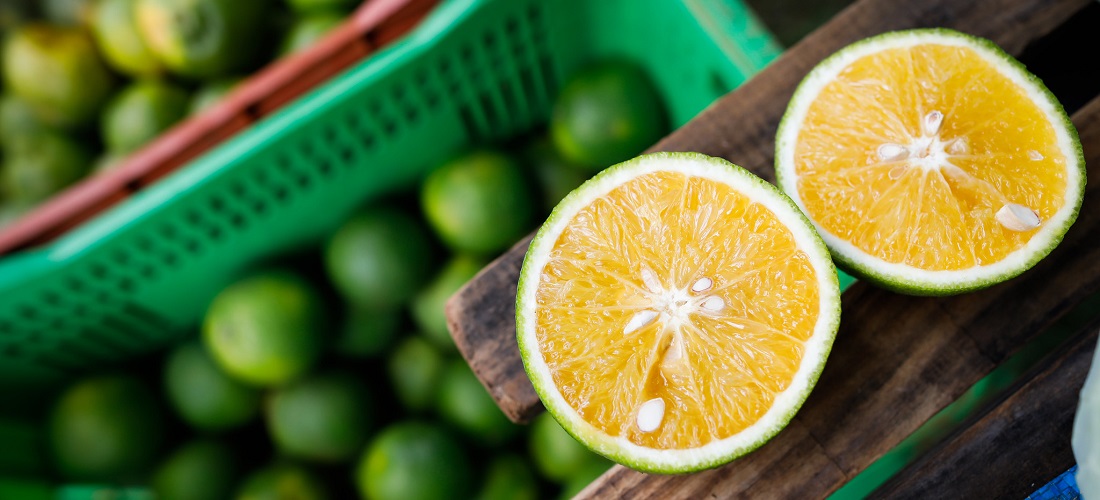
Argentina’s citrus industry struggles with drought, currency crisis
Apr, 05, 2023 Posted by Gabriel MalheirosWeek 202317
Argentina’s citrus export sector is facing strong headwinds due to the worst drought in 94 years, a heatwave, currency crises and 102.5% year-on-year inflation increase that has seen a doubling in prices of most consumer goods in February 2023. On top of that there is great uncertainty on the way forward for the country with upcoming national elections later this year.
“Regarding the drought, it did hit us hard this summer, it has been extremely dry and hot, meaning that early varieties are and will suffer smaller sizes, which will make us less competitive against other suppliers in the Southern Hemisphere, which have had a normal summer. Even though we do have most of our farms with irrigation, it was not enough for the fruits to grow at a normal rate. We hope now that rains started, later varieties will have enough time to catch up to normal sizes,” says Nahuel Lavino, export sales manager at Fama, a leading Argentinian citrus exporter and importer.
Last week Argentina’s Economy Minister Sergio Massa announced the creation of the so-called “agro dollar,” a new exchange rate for agrifood exports. They hope this will replenish the country’s impoverished coffers while simplifying foreign currency operations for all rural producers.
“Exchange rates are a great difficulty for Argentina, imagine exporting fruit where for every dollar that you receive you get an exchange rate of 200 Argentina pesos and then having to pay everything at a dollar that is twice as expensive, 400 Argentinean peso. Yet another factor that makes Argentina less competitive. There are a few talks where a new dollar will be introduced for citrus where the Argentina peso will be in between, at around 300 pesos, that would help, but the amount of issues that involves working in Argentina to the world are very problematic. Just to give you another example, if you want to import in the country any material to fix a machine (ie: electric motor, a sensor, etc), it is extremely complicated first of all to import it because you need to go through a lengthy customs process, and if you are lucky enough to get the permit, you are not allowed to pay the supplier after 180 days have passed, so with those terms, not even suppliers want to work with you so you end up without being able to import anything,” explains Lavino.
He says Fama was founded 38 years ago for the sole purpose of exporting citrus. They export mostly mandarins and oranges and a bit of grapefruit all over the world from Asia, to Europe and Canada. Lavino says they remain positive as they look to survive through the latest crises in Argentina.
Source: FreshPlaze
To read the full original article, see: https://www.freshplaza.com/north-america/article/9517965/declaration-of-state-of-emergency-for-argentina-s-citrus-is-not-of-much-help-at-all/
-
Ports and Terminals
Feb, 13, 2023
0
Increase in exports will be a challenge for the Port of Santos
-
Ports and Terminals
Aug, 23, 2021
0
SPA plans to expand channel depth
-
Ports and Terminals
Aug, 24, 2023
0
Wilson Sons reports 57% surge in pork exports at Tecon Rio Grande
-
Shipping
Aug, 25, 2021
0
World’s first crewless, zero emissions cargo ship will set sail in Norway


